SAVE THE DATE for NK Cell and ILC Meeting: 20 – 23 June 2023
More infos about this international NK and ILC meeting coming soon!
Please visit also this site: Research Focus Group NK cells: https://nk-symposium.org/

Welcome to the DFG Priority Program SPP 1937
Innate Lymphoid Cells
This DFG priority program aims to establish an interdisciplinary research program that comprehensively investigates the newly discovered family of Innate Lymphoid Cells (ILC) in mouse models and humans. Our initiative will provide novel insights into ILC as guardians of tissue homeostasis and repair, in the defense against infections and in the pathogenesis of inflammation-driven diseases.
These lines of research will identify previously unappreciated functions of the immune system and will pave the way for the development of new treatment strategies in inflammation. Research on ILC has a strong interdisciplinary trajectory far beyond immunology because it develops at the interface between the immune system and the biology of organ development, tissue homeostasis and repair.
1. Developing novel scientific concepts: – Understanding the signals and molecular mechanisms controlling ILC fate decisions and effector functions. – Determine how ILC can discriminate between ‘self’ and ‘non-self’. – Understanding the role of ILC in organ homeostasis and tissue renewal. – Analyzing the contribution of ILC for immunity to infections and in the pathogenesis of inflammation-driven diseases.
2. Developing scientific networks of excellence and technological platforms: – Generating new tools for the analysis and selective ablation of ILC- Establish technical platforms for ILC analysis with a strong focus on the transfer of standardized methodologies and protocols for ILC analysis.
3. Training and educating the next generation of excellent scientists: – Providing platforms for scientific project guidance and scientific education. – Establishing local and network training courses in both scientific education and career development.
First funding period: 2016 – 2019
Second funding period: 2019 – 2022
![]()
SAVE THE DATE:
Press Releases
Berlin, 31.01.2019
Wie das Immunsystem vor Darmkrebs schützt
Forschende der Charité – Universitätsmedizin Berlin haben einen Schutzmechanismus entdeckt, mit dem der Körper seine Darm-Stammzellen vor der Entartung zu Tumoren bewahrt. Dabei kommt dem angeborenen Immunsystem eine Schlüsselrolle zu. Diese Erkenntnisse machen deutlich, dass das Immunsystem weit über die reine Abwehr von Krankheitserregern hinaus für die gesunde Funktion des Körpers sorgt. Veröffentlicht wurde die Studie im renommierten Fachmagazin Nature*.
* Gronke K et al., Interleukin-22 protects intestinal stem cells against genotoxic stress. Nature 2019 Jan 31. doi: 10.1038/s41586-019-0899-7
Pubmed Link: https://www.ncbi.nlm.nih.gov/pubmed/30700914
Direktor des Instituts für Mikrobiologie und Infektionsimmunologie
Charité – Universitätsmedizin Berlin
t: +49 30 450 524 171
**************************************************
31.01.2019
Friedrich-Alexander-Universität Erlangen-Nürnberg
Bindegewebe auf Abwegen – wenn die Organe vernarben
Dr. Susanne Langer Kommunikation und Presse
Die vermehrte Ablagerung von Bindegewebe ist ein Problem bei chronischen Erkrankungen vieler Organe wie der Lunge (Idiopathische Lungenfibrose), der Leber (Leberzirrhose), der Nieren (Nierenfibrose), des Darmes (Graft-versus-Host Krankheit) und der Haut (Systemische Sklerose). Bis zu 40 Prozent aller Todesfälle in Industrienationen werden durch die Ablagerung von Bindegewebe mit anschließender Gewebevernarbung verursacht. Effektive Behandlungsmöglichkeiten stehen derzeit jedoch kaum zur Verfügung.
Wissenschaftler aus der Medizinischen Klinik 3 – Rheumatologie und Immunologie (Direktor: Prof. Dr. Georg Schett) des Universitätsklinikums Erlangen der Friedrich-Alexander-Universität Erlangen-Nürnberg (FAU) haben jetzt ein molekulares Netzwerk entschlüsselt, das diese Prozesse kontrolliert und dadurch eine neue Möglichkeit für die Therapie von Organvernarbung darstellen könnte. Die Ergebnisse zeigen, dass das Eiweiß PU.1 die krankhafte Ablagerung von Bindegewebe verursacht. Ihre Ergebnisse haben die Wissenschaftler jetzt im renommierten Fachmagazin Nature veröffentlicht.*
* Originalpublikation: http://dx.doi.org/10.1038/s41586-019-0896-x
Research Network
Our Research Network consists of 16 Universities and Institutions throughout Germany, where every participating Research Group has a strong focus on Innate Immunity and in particular on Innate Lymphoid Cells.
 |
 |
 |
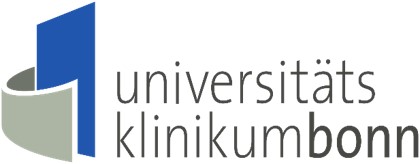 |
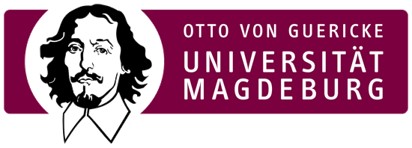 |
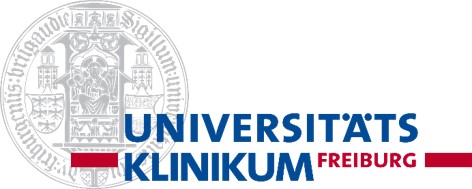 |
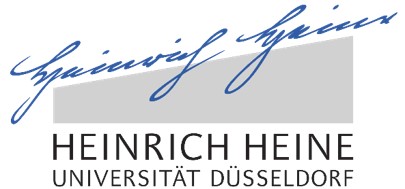 |
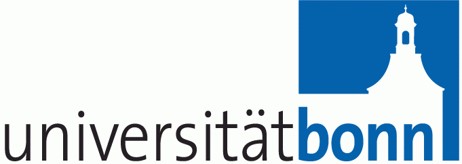 |
 |
 |
 |
 |
 |
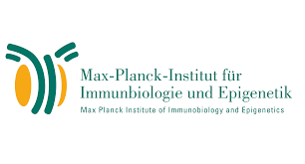 |
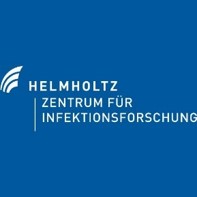 |
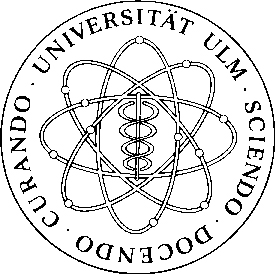 |